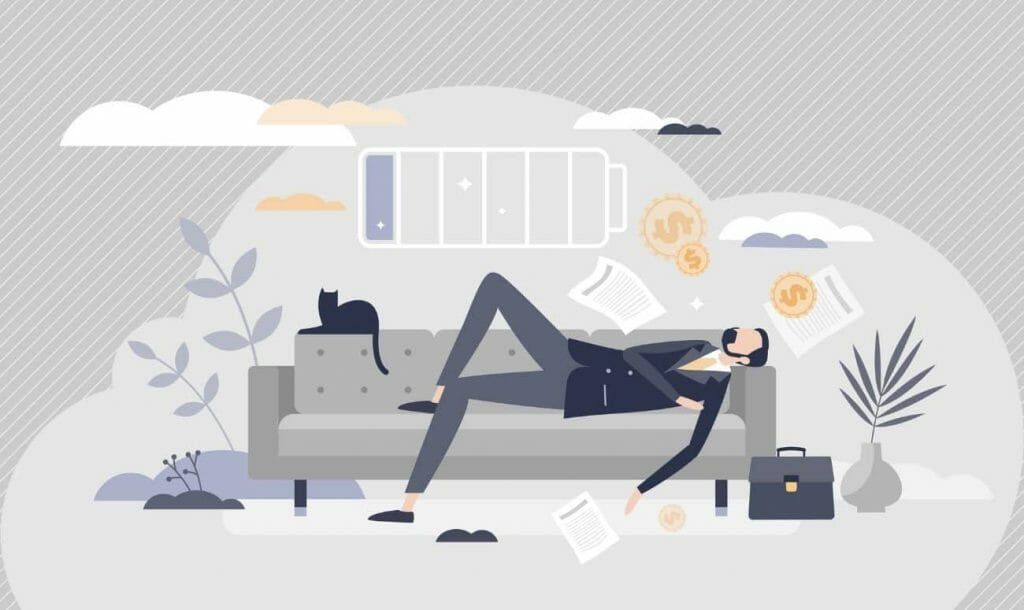What if you were told that there is a way to get energised without drinking coffee? There is a way to feel energised, even boost your memory, cognitive skills, creativity, and energy by taking power naps. Yes, short periods of sleep have been scientifically shown to improve mood, decrease fatigue and even amplify your cognitive skills.
Most experts agree that you need 7-9 hours of sleep per day, which also depends on personal and genetic factors. If you miss your sleep, it causes a sleep deficit and can impair your reaction time, judgement, vision, information processing, short term memory, performance, motivation and even vigilance. Accumulation of fatigue can cause stress and anxiety.
Studies have also shown that just 20 minutes of sleep in the afternoon provides more rest than 20 minutes of sleep in the morning. Taking a power nap may be more beneficial than you could have imagined.
What is a power nap?
It is a short sleep that terminates before deep sleep. It is intended to quickly revitalise the sleeper. An average nap must last between 10 to 30 minutes.
Many experts advise keeping the nap between 15 and 30 minutes, as sleeping longer gets you into deeper stages of sleep, from which it is more difficult to awaken. Also, longer naps can make it more difficult to fall asleep at night, especially if your sleep deficit is small.
Sara C. Mednick, PhD sleep expert and author of Take a Nap! Change Your Life says, “You can get incredible benefits from 15 to 20 minutes of napping.” She adds “You reset the system and get a burst of alertness and increased motor performance. That’s what most people really need to stave off sleepiness and get an energy boost.”
The length of your nap and the type of sleep you get help to determine the brain-boosting benefits. The 20-minute power nap — sometimes called the Stage 2 Nap is good for alertness and motor learning skills like typing and playing the piano.
What happens if you nap for more than 20 minutes?
Research shows longer naps help boost memory and enhance creativity. Slow-wave sleep napping for 30 to 60 minutes – is good for decision-making skills, such as memorising vocabulary or recalling directions. Getting rapid eye movement or REM sleep, usually 60 to 90 minutes (about 1 and a half hours) of napping, plays a key role in making new connections in the brain and solving creative problems.
Tips For Napping Better
Be consistent
Keep your napping schedule regular. Prime napping time falls between the middle of the day, between 1 pm and 3 pm.
Make it quick
Your power nap shouldn’t be more than 30 minutes. Start a timer on your phone if you don’t want to wake up groggy.
Avoid coffee
take coffee post 3 pm. It can disrupt your sleep and have effects longer than you imagine.
Meditate
If you do not have the time to sit and sleep, then it’s best you meditate for a few minutes. It is bound to leave you feeling fresher.
Hope you get enough sleep and do not forget to power nap whenever you can.
Read more: World Record In The Making: People With Disability To Trek Siachen Glacier
Like & Follow ThinkRight.me on Facebook, Instagram, Twitter, and Telegram to stay connected






























